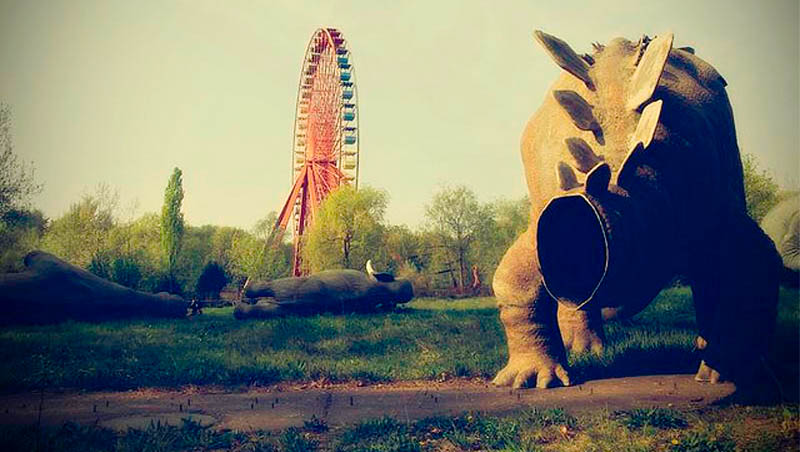Forget Fear: 7th Berlin Biennale

Text written as an article for Jotta Contemporary 2012
Though I have been to Berlin before I did not manage to see even a small percentage of the hundreds of galleries that are nestled in and around the centre of the city, ranging from the commercial white walls and high ceilings of the Max Hetzler Galerie, to the untouched industrial cathedral of Kraftwerk Berlin, that houses Ryoji ikeda's grand sound and visual installation 'data.anatomy [civic]'. As the biennale is spread across the city from east to west, it can be hard to decipher the curatorial direction from all the incongruous threads left throughout Berlin.
However Artur Zmijewski, the curator of the Biennale, leaves no room for interpretation in his foreword to the Biennale publication, bearing the event's title, 'Forget Fear': “My critique of my own field is ultimately very simple and can be summarised in one sentence: art doesn't act, and doesn't work.” This rather damning rhetoric supports his call for a more radicalised and political engagement by artists and curators and denotes a general direction for the work presented as part of the biennale. Everything about his lack of belief in institutions and galleries is embedded within the organisation of the biennale, from its manifesto-style writings and interviews to the trope of the Futurist movement in the event's logo.
In contrast to the art-object and creative-impotence seen by Zmijewski, the biennale presented some intriguing initiatives; associate curators 'Voina', the art collective from Russia founded in 2005 by Oleg Vorotnikov, have an almost impercievable role, refusing to organise exhibitions because they 'harm contemporary art.' Martin Zet's 'Deutschland Schafft Es Ab' (Germany Gets Rid Of It) encourages a collective action towards removing/recyling the infamously rascist book Deutschland Schafft Sich Ab (Germany Does Away With Itself). Another esoteric action was the Maciej Mielecki and Re-enactment groups restaging the Battle of Berlin, 1945, which took place out in Spree park amongst the ruins of an amusement park, usually locked off to the public. The intoxicating otherness of seeing accurately dressed Nazi officers and Polish foot soldiers laid out having a cigarette break in front of a ruined ferris wheel and headless plastic dinosaurs raised compelling questions regarding the context of performance and re-enactment and reproduction itself.
There was still a lot to be seen in the galleries, Christian Nagel Galerie's show with Mark Dion titled "Twenty One Years of Think in Three Dimension" collects vaguely connecting pieces of intrigue and whimsy, resembling a junk-shop plotted on a graph. Sprüth Magers Berlin held new work by Jenny Holzer and a retrospective of Anthony McCall's early films - both worth seeing. All in all there is a huge amount to see and it is spread out across the whole of the city for the next few months, so better take a look at the events on the website and plan your trip accordingly.
< Link >
